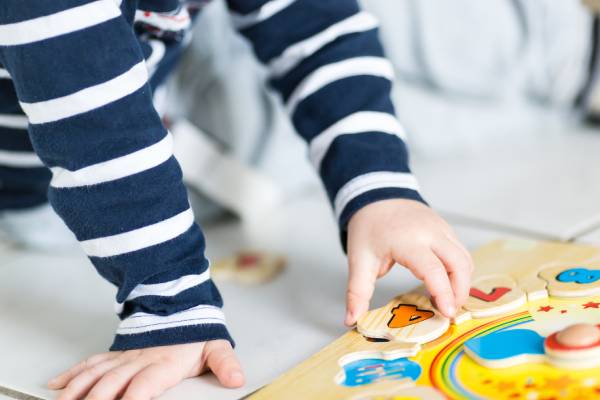Interesting facts!!
- Educational games, specifically those with simulation components, provide a 23% gain over traditional learning. Researches show that games can increase learning outcomes by two grade levels.
- Game-based learning platforms can create an engaging dynamic that inspires students to develop competencies and skills as they focus on the activities of the game.
Why should we invest in educational games for kids?
Educational games promote your child’s development,, in many areas as explained below:
- Educational games foster versatile skills. Communication, collaboration, cognitive, emotional, motor, and problem-solving skills are most encouraged and developed through playing games.
- Educational games teach students that failure is inevitable and subsequently they can develop coping skills for when things don’t go the way they wish.
- Educational Games promote learning by improving mental health as well as cognitive and social skills.
- Educational games are powerful learning incentives. English, Language Arts, Math, Science, and Social Studies replace from “boring” subjects to “I want to do again tomorrow” subjects while you’re playing.
- They are a great way to stay away from screens. Those are usually games focused on real-world interactions instead of digital ones.
- Educational games increase the kids’ literacy, hand-eye coordination, memorization, motor skills, and identification skills that gradually increase IQ.
- Those games improve sensory development. The most common senses that educational toys seek to develop include the sense of touch, sight, and hearing.
- They help develop Concentration. Children have a limited time of focus. Without the right resources, children would probably lose concentration in academics and other tasks. This is where educational toys come in for schooling. They make learning enjoyable, convenient and increase the interest of a child in learning new skills.
- Many educational games expand Memory Capacity. Memorization is often in play with many educational games.
- They also enhance Creativity. Fun educational toys provide a safe experience of imaginative play, creative designing and building, experimentation, and exploration.
Interesting fact!!
A study done by the Australian Journal of Educational and Developmental Psychology concluded that Play-based learning increases a child’s attention span.
Top educational games for kids I have selected for you!
If you are looking for educational games that make learning fun for middle school kids, I have listed here below some of the best educational games. Click one below and jump right to it:



Thanks for the great ideas! Educational games really play a big role in children’s lives! It’s good that now there is a large selection.